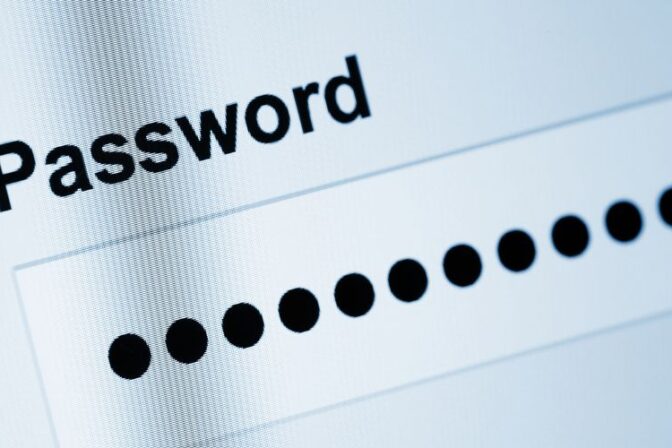
The Critical Need To Improve Password Hygiene
Did you know 59% of people use the same password for everything? And out of these passwords, you’d be surprised at how many of them are commonly used.A government investigation, carried out by the National Cyber Security Centre, found the most hacked passwords globally, and the results are, well, predictable.
Believe it or not, the most commonly hacked password is,123456, with 23.2 million cases. In second place, 123456789, with 7.7 million cases. Other honourable mentions include ‘NewYork’, ‘Chelsea’, ‘Batman’, ‘Blink182’, and of course, ‘password’ – yes, there are 3.6 million cases where the password was ‘password.’
Why? Because 90% of passwords can be hacked in less than six hours.
And once cracked, a hacker can access emails, personal data, contacts, social media, payment methods, and addresses .Outdated methods would have us believe that a 14-character password, with a small mixture of letters and numbers, is strong enough to secure your accounts.
A good password can be explained by breaking passwords down to their fundamentals and detailing how exactly their strength is measured.




How does this apply to password strength?
A password’s strength can be measured by its length multiplied by the entropy per symbol – the ‘randomness.’ For example, a number would have an entropy of about 3.322, so you would need 39 random numbers to achieve 128 Bit entropy.
Password Advice For Individuals
Here are some simple actions you can take to improve your password hygiene, protect your business from hackers, and protect yourself and your data.
Essentially, a password should be long, random, use a mixture of symbols, and should not use any actual word or phrase, especially one that is important to you: and don’t forget, you should use a different password for everything!
Antonesi S
Project Complete
- ‘Randomness.’ As mentioned, the entropy of each symbol increases the strength of a password. The more random your password is, the harder it is to crack.
- A mixture of characters. So, symbols, numbers, letters; and try not to do these in any orders.
- A long password, in fact, the longer the better.
- Don’t use common phrases or words, especially ones that are personal to you. That means no birthdays, no names, and no pets.
- Keep passwords to yourself! No sharing passwords and try not to store passwords in plain text anywhere, especially not next to your computer.
- Use a password manager, no one expects you to remember all of your passwords when they are that ‘complex’. Devices often now encourage you to use a complicated password generator, so you don’t have to come up with them yourself, but thankfully, there will be a place on your device which stores them securely for you to refer back to.
Password Advice For Organisations
The best advice for organisations when considering network security, is to assume the threat is already inside. Embrace a zero-trust approach and ensure that, any user or device that wants to connect to a resource must re-establish trust before access is granted.
The approach will combat the increased threat from shifts in modern day working such as further cloud adoption, mobile application usage and remote working, all of which can be contributors to credential theft, feeding the rise in privilege access as an attack vector.
